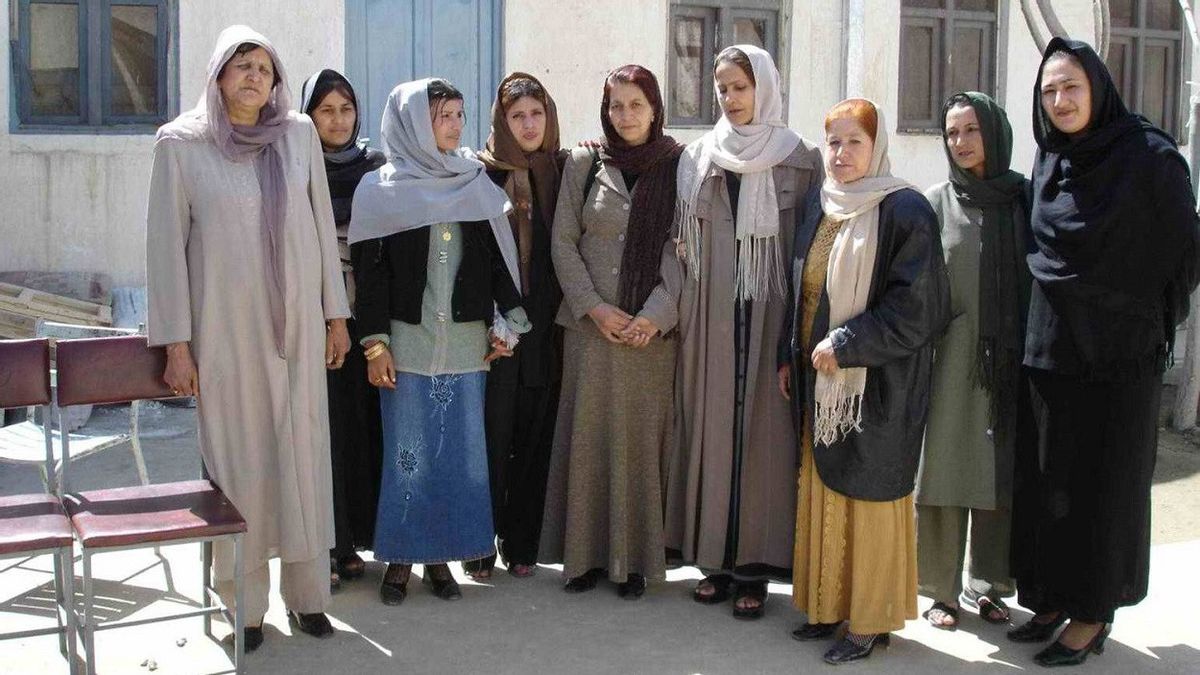JAKARTA - The Taliban's ban on women working for aid organizations in Afghanistan hampered humanitarian operations as residents desperately needed it, a top UN official said.
Martin Griffiths, deputy secretary general for humanitarian affairs and emergency aid coordinator, said 28 million Afghans needed help, with six million facing starvation as winter has killed more than 150 people.
"Afghanistan is experiencing a violent winter," Martin Griffiths told reporters in New York, reported by The National News on February 1.
"Last cold season, we managed to survive. I don't know if we can do this forever, not with this ban."
The Taliban issued an example on December 24 banning international and domestic humanitarian organizations in Afghanistan from hiring women.
However, since then they have made exceptions to allow women to work in the health sector.
During a trip with other officials to Kabul last week, Griffiths said he was begging the Taliban for more exceptions.
"We express our rejection of the ban, hoping it is overturned," he said.
"We ask for further sectors to be granted these exceptions or authorizations for the role and function of women."
Griffiths said, during discussions with Taliban ministers, he stressed that women are key to every aspect of the humanitarian response in Afghanistan, because they have access to a population that cannot be reached by men.
Specific male programming is not only the conquest of women, but also inadequate programming. It doesn't work that simple," criticized the British diplomat.
But he said the Taliban were drafting new guidelines that would allow Afghan women to work in several humanitarian operations.
"Let's see if these guidelines really work. Let's see if they are useful," he said.
Griffiths follows the journey of UN Deputy Secretary-General Amina Mohammed to Afghanistan.
Amina Mohammed urged the Taliban to reconsider their ban, not isolate Afghanistan amid the "terrible humanitarian crisis".
Since they returned to power in 2021, the Taliban have struggled to form a functioning government that can provide basic health services, food and economic opportunities for Afghans.
It is known that Taliban authorities sent letters to universities over the weekend, warning them not to allow women and girls to take entrance exams next month.
They also impose extreme interpretations of religious law that prohibit women and girls from going to secondary and university schools, using parks, gyms, public baths, and from most work areas.
The English, Chinese, Japanese, Arabic, and French versions are automatically generated by the AI. So there may still be inaccuracies in translating, please always see Indonesian as our main language. (system supported by DigitalSiber.id)









